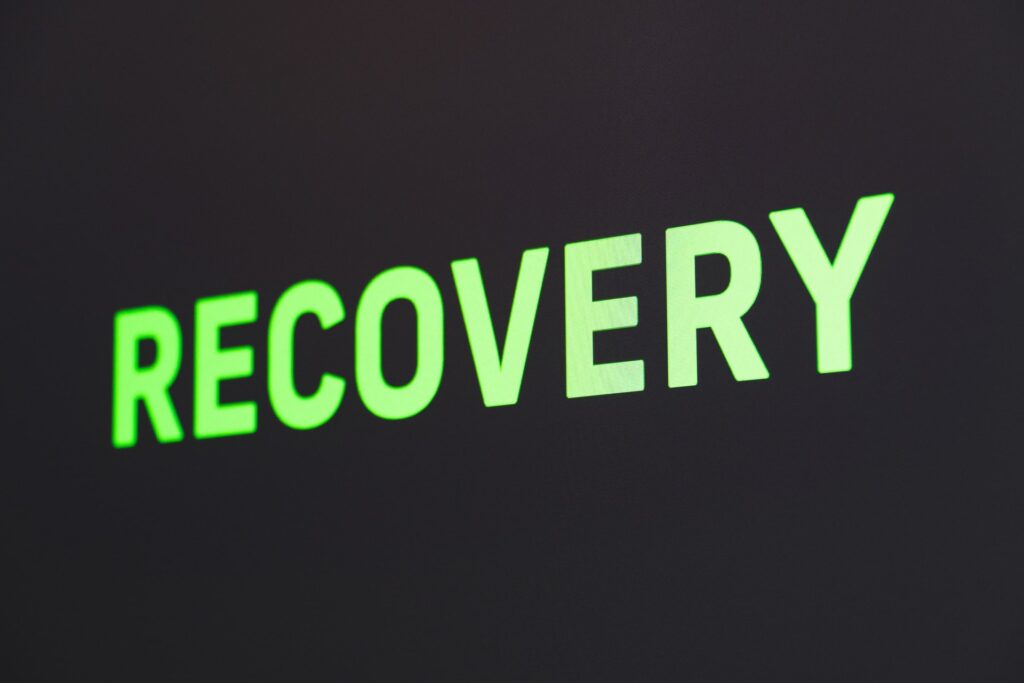
Introduction
If you are struggling with addiction and in recovery, it can be difficult to focus on your own needs. Addiction is a disease that hijacks the brain, causing intense cravings and compulsive behavior. In this state of mind, you may find it hard to care for yourself or even consider doing so. Dr. Charles Noplis say’s, self-care is one of the most important aspects of long-term recovery from drug or alcohol abuse—and it can help prevent relapse as well!
Self-care helps prevent relapse.
In order to prevent relapse, it’s important to take care of yourself. Self-care helps you stay sober and avoid triggers that might lead to a substance use problem. It also helps keep you away from people, places and things that tempt your addiction.
Self-care is integral to long-term recovery.
Self-care is an integral part of long-term recovery. You may be wondering what exactly self-care is, and why it’s so important to your sobriety. Self-care refers to anything that helps you maintain your physical, mental, emotional and spiritual health. It can include things like eating nutritious meals and getting enough sleep; exercising regularly; spending time with friends and family members who support you; practicing mindfulness techniques such as meditation; engaging in hobbies that bring you joy; volunteering at a homeless shelter or food bank–anything that allows us humans (and addicts) some breathing room from our busy lives so we can recharge our batteries before jumping back into the fray again!
Self-care isn’t selfish–it’s actually quite generous because it gives us more energy for helping others when our own needs are met first!
Self-care can promote overall wellness.
Self-care can promote overall wellness.
It’s important to remember that self-care isn’t just about staying sober; it’s also about promoting your mental health and preventing relapse. Many people who struggle with addiction are dealing with chronic stress, which can lead to depression, anxiety, and other mental health issues. Self-care helps combat these symptoms by providing an outlet for relaxation or distraction from negative thoughts.
The self-care practices that you find helpful may include anything from exercise to meditation and relaxation exercises.
Self-care is important for everyone, but it’s especially crucial in the early stages of recovery. The self-care practices that you find helpful may include anything from exercise to meditation and relaxation exercises. The goal of these activities is not simply to make you feel better–they also help strengthen your emotional resilience and improve your ability to cope with stressors in your life.
If you’re feeling overwhelmed by a situation or if you’re dealing with strong emotions such as anxiety or depression, consider trying one or more of these strategies:
Conclusion
The best self-care practices are those that you find helpful, and they can include anything from exercise to meditation and relaxation exercises. You can also make time for yourself by going on a walk or spending time with friends and family members who understand what you’re going through. Whatever it takes for you to feel better about yourself and your situation is worth doing!